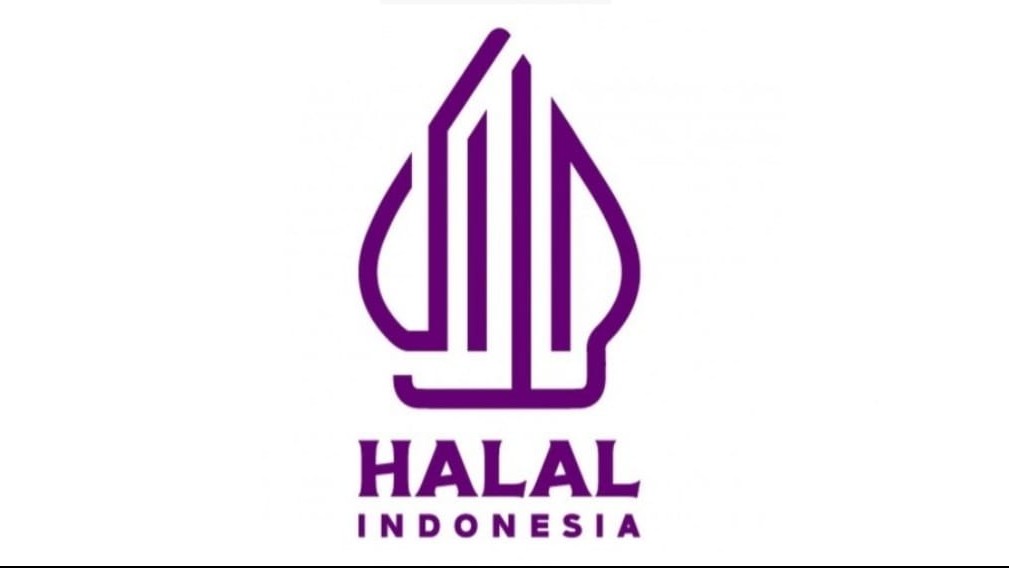
Since the enactment of Law No. 33 of 2014 concerning Halal Product Assurance (JPH Law), the Indonesian government has mandated that every product entering, circulating, and being traded within the territory of Indonesia must have halal certification. This obligation is implemented in phases to give businesses sufficient time to prepare. The phasing is regulated under Government Regulation No. 39 of 2021 and was later updated by Government Regulation No. 42 of 2024.
- Food and beverages
- Raw materials, additives, and auxiliary materials for food and beverages
- Slaughter products and slaughtering services
- Medicines, cosmetics, and consumer goods
- Chemical, biological, and genetically engineered products intended for consumption
- Consumer goods such as clothing, household appliances, and worship equipment
Phase I (October 17, 2019 – October 17, 2024)
Phase II (October 17, 2021 – October 17, 2026)
Phase III (October 17, 2021 – October 17, 2029)
Extension of the mandatory halal certification period for MSMEs and imported products until October 17, 2026
Expansion of authority to determine product halal status to provincial/regency MUI and other institutions
Relaxation of halal certification obligations to ensure business readiness
The halal certification requirement in Indonesia is part of the government’s effort to protect consumers, particularly Muslims. With clear regulations and phases, it is expected that all businesses can adapt and contribute to the national halal product assurance system.
Bagikan Berita